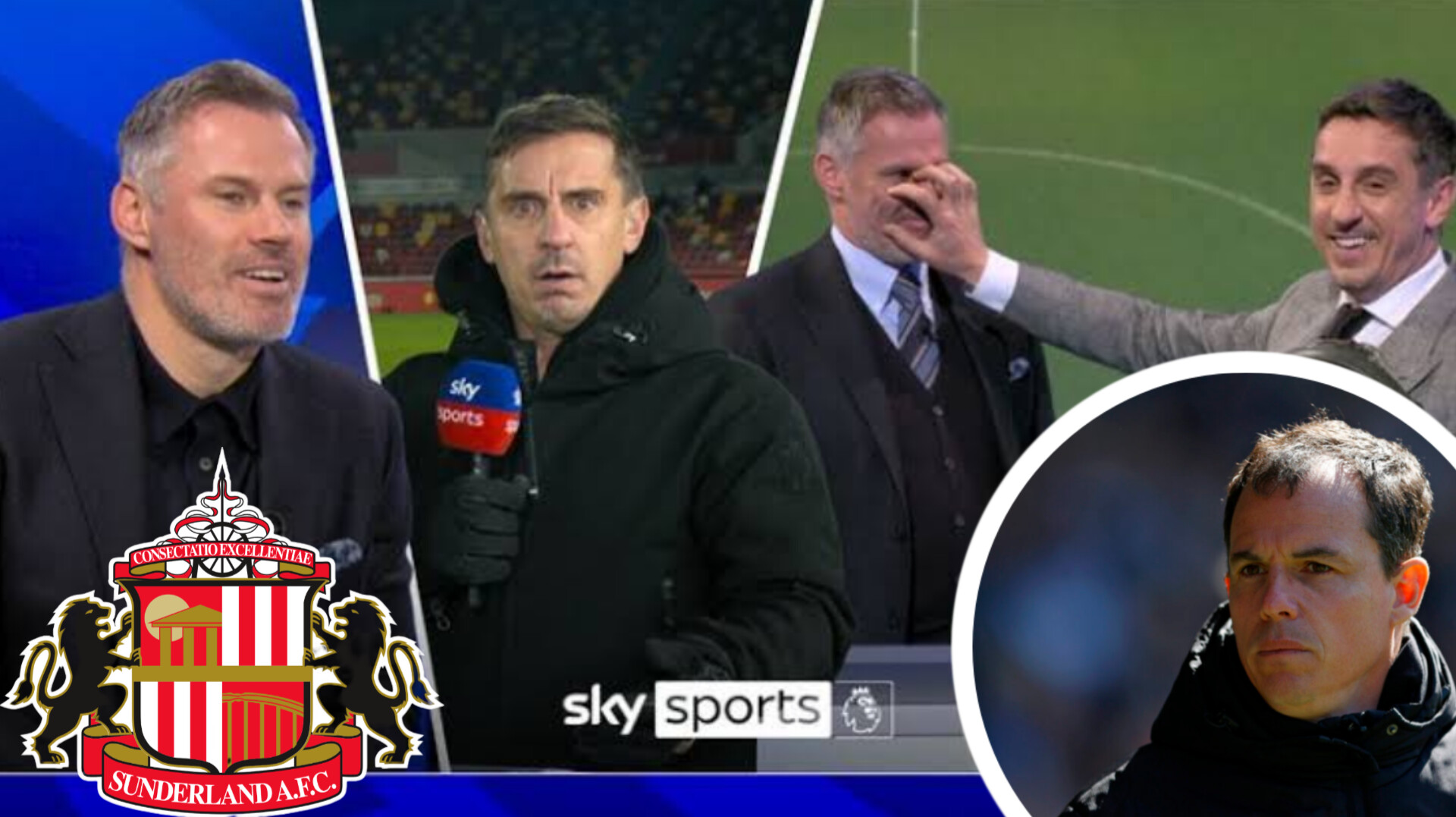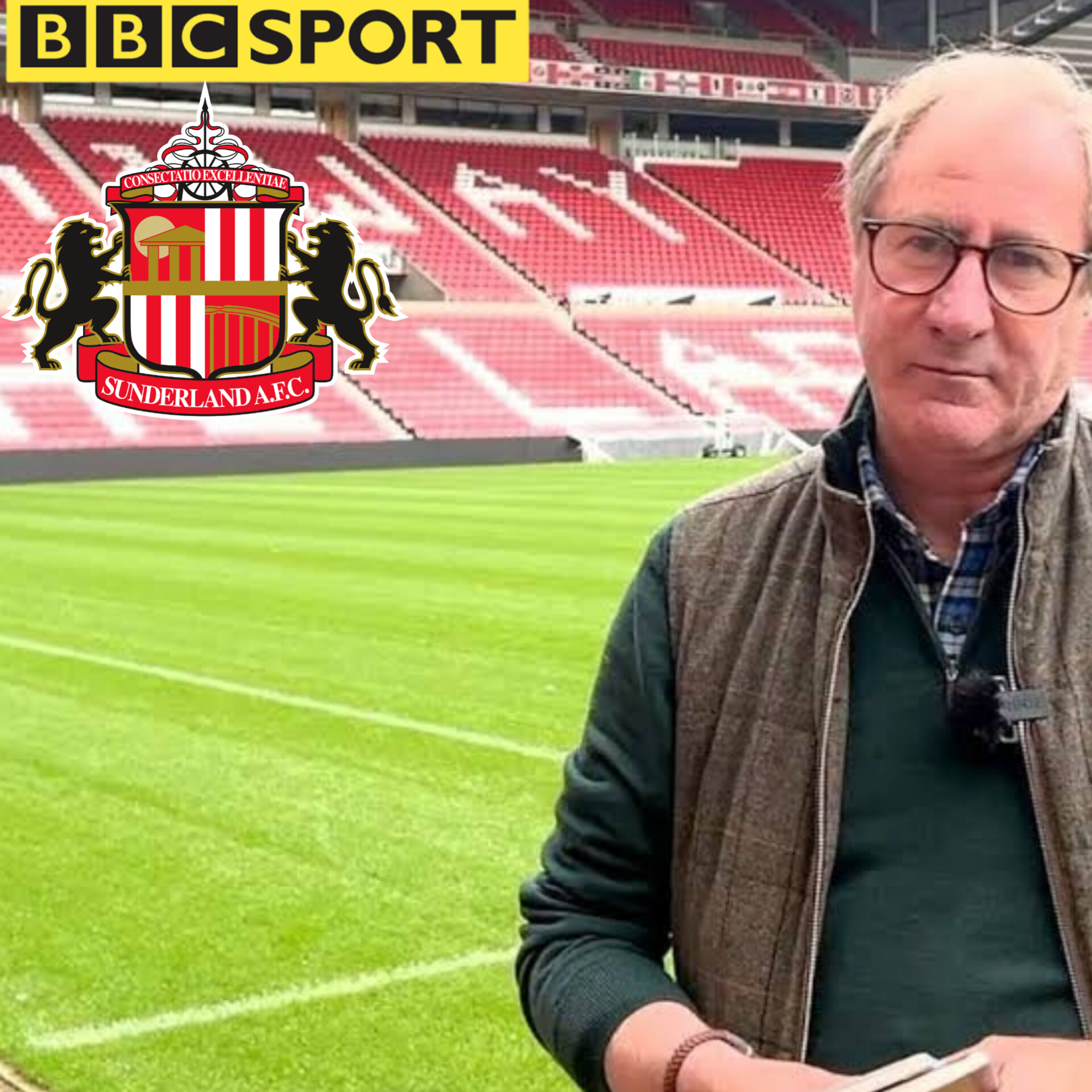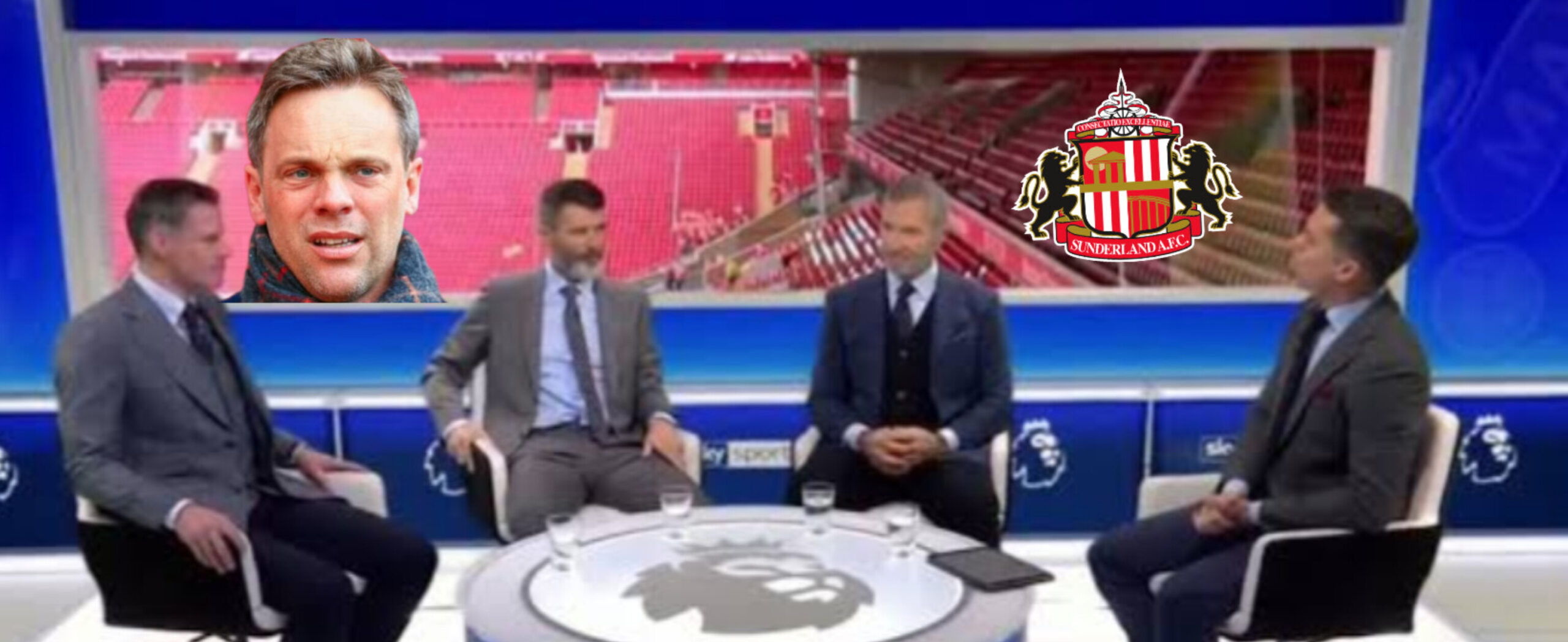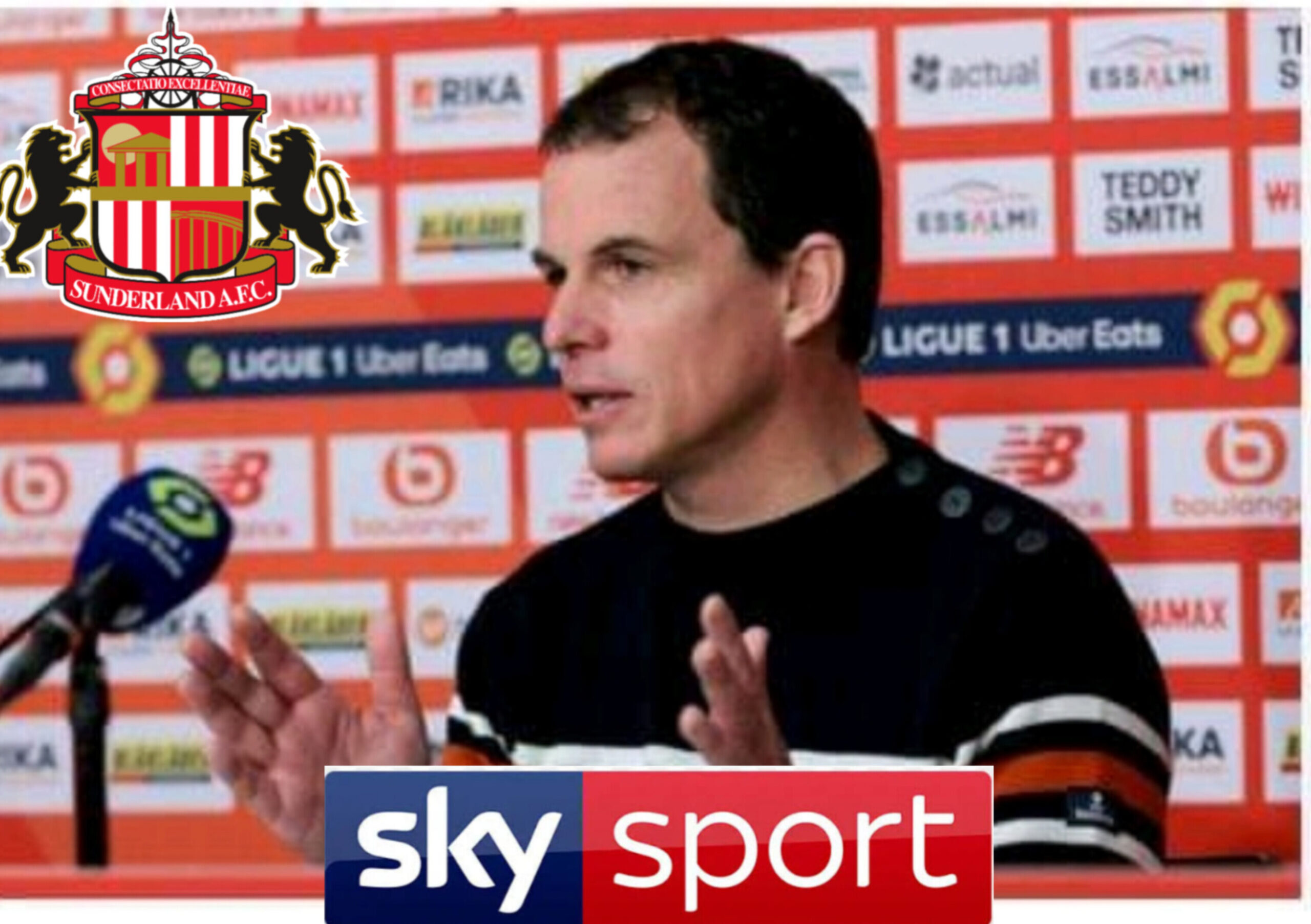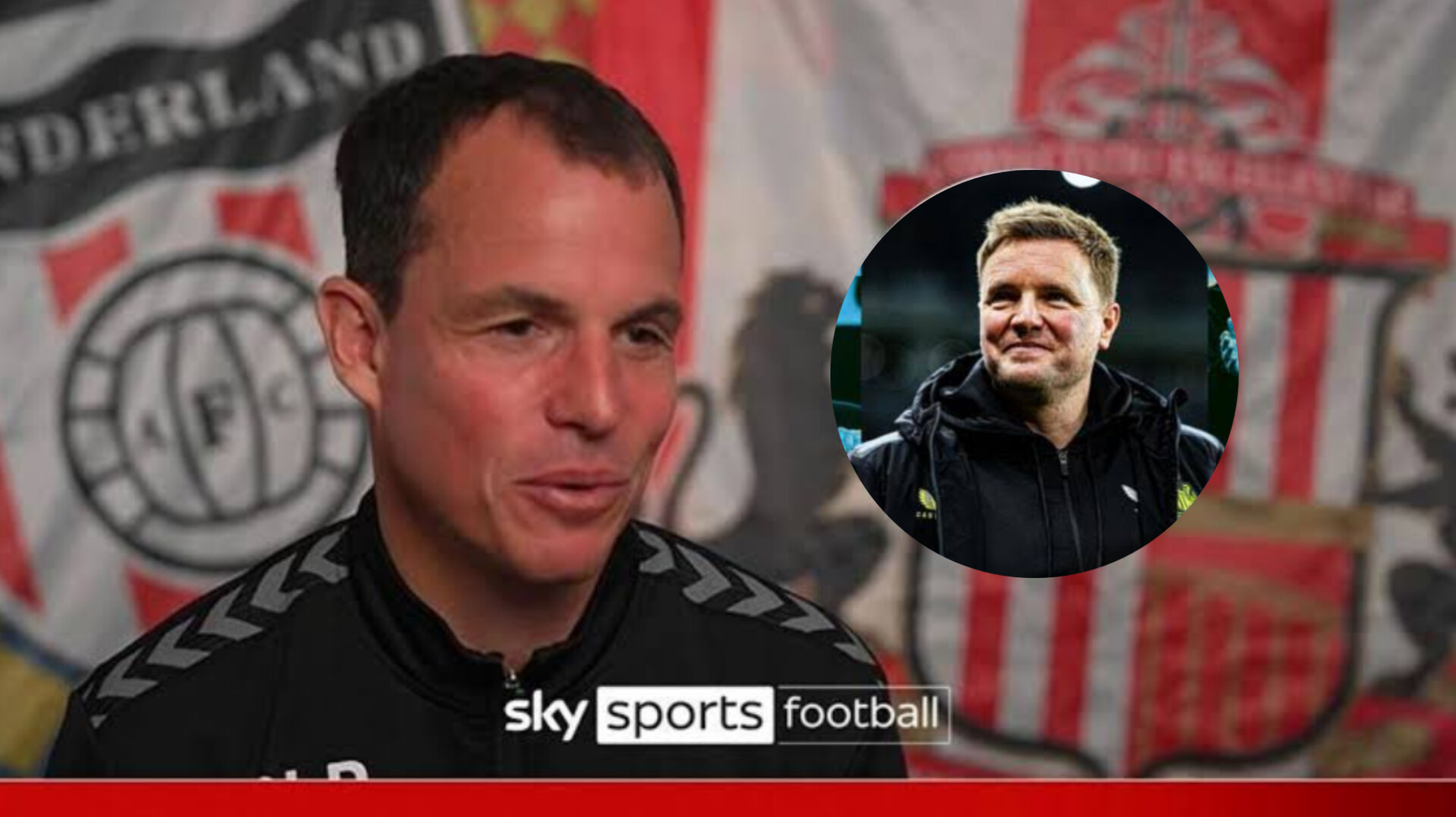Gary Neville has delivered a sobering message for clubs like Sunderland eyeing a return to the Premier League, warning that promotion is becoming an increasingly steep climb amid the widening financial chasm between the Championship and England’s top flight.
The former Manchester United captain spoke candidly on Sky Sports, highlighting how the Premier League’s competitive balance is slowly eroding. While the English football pyramid remains one of the game’s most cherished structures, Neville believes that true mobility — the idea that any club can rise through the ranks — is becoming more myth than reality.
“There’s no question — it’s becoming harder to break into the Premier League,” he said. “It’s not always the same three clubs going up and down, but increasingly, it’s the same five or six hovering between divisions. Stability in the top flight is now almost reserved for a select few.”
Neville noted that while success stories like Luton Town — who climbed from non-league football to the Premier League — still capture imaginations, such fairy-tale ascents are becoming rare exceptions. “We still celebrate those stories, but they’re not happening as often,” he warned. “The financial divide is massive, and parachute payments are creating a serious imbalance.”
The implication for Sunderland is stark. Despite a commendable rebuild since dropping into League One and a forward-thinking model focused on youth development and long-term planning, they now face a daunting challenge: outpacing better-funded rivals who’ve recently fallen from the Premier League and are bolstered by millions in parachute payments.
Neville emphasized that the current system places immense strain on Championship clubs who try to compete without overspending. “Something has to give — and hopefully, the incoming regulator and negotiations between the EFL and Premier League bring better balance. But for now, the mountain is steeper than ever.”
For Sunderland, it means that even perfect execution on the pitch might not be enough without broader structural reform — and that the dream of top-flight football may depend as much on financial fair play as it does on footballing merit.
